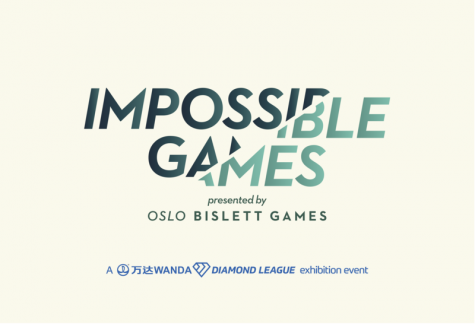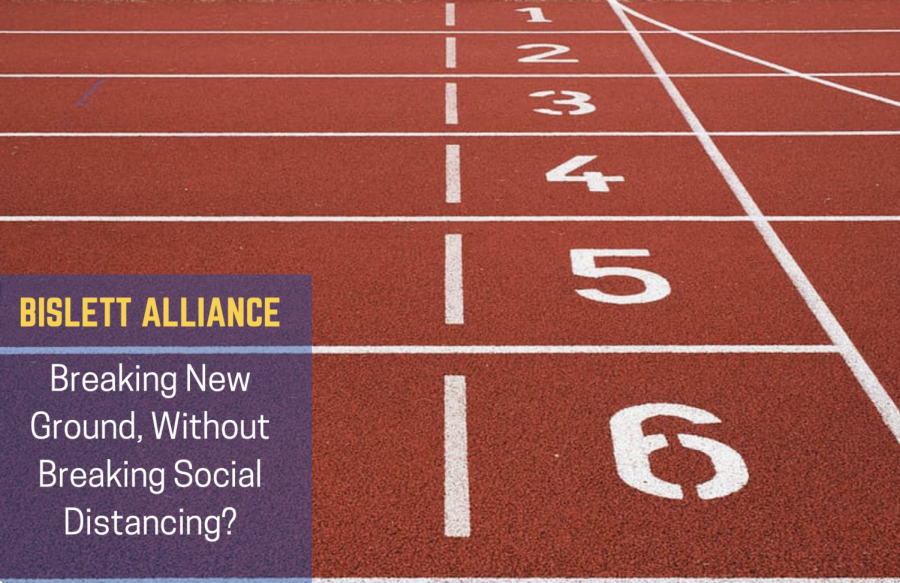“Impossible Games” Pave Path for Sporting Events During COVID-19
May 26, 2020
While many high school students right now are bemoaning the loss of their spring sports, one unrelenting group has decided to keep on going with their plans, albeit with a catch.
The Bislett Alliance, a group which organizes one of the premier track and field meets in the world every June in Oslo – the Bislett Games – has decided to still run their annual meet, but within the constraints of social distancing.

In order to meet the social distancing requirements, the June 11th meet will be run in a unique format.
Events will be set up so that the competitors can follow the six foot rule. Sprints will be run with athletes staying far enough apart in their lanes. Field events, which already did not involve athletes in close proximity when competing, will only see a shift of not having as many athletes as in a normal year.
Social distance regulations have not stopped the Bislett Alliance from billing the meet as the potential site for some impressive world record runs: Norweigan 400m hurdles world champion Karsten Warholm will attempt the 300m world record, and Swedish-American Mondo Duplantis is expected to make an attempt at the pole vault world record.
The biggest unknown in the meet so far is the status for distance running events. Since distance events usually require athletes to break lanes and run in close proximity to each other, a normal distance race would not be able to fulfill social distancing regulations. Still, it may be possible to see some impressive distance events in some other format.
The Bislett Games will be groundbreaking beyond the social distancing: this year’s Bislett Games will also be a zero carbon emissions event. No athletes will be flying to the meet, and all transportation for athletes within Oslo will be done with electric vehicles.
The unique setup of the “Impossible” Games (as it is being billed) raises questions as to what other event organizers can do to make their events come to life. Could other sports and sporting organizers make more of an effort to keep their events alive? Was it necessary for the IHSA to cancel all spring sports when we can now see that it is possible to keep certain sports alive?
As our world moves forward with social distancing a norm for the foreseeable future, it is interesting to see this contrast to blanket bans on public events (and their considerable deadweight loss) that has become commonplace elsewhere. Instead of a loss of hope, the Bislett Alliance has embraced perseverance, and taken things on a case by case, day by day view to try to keep things as normal as they can be.








